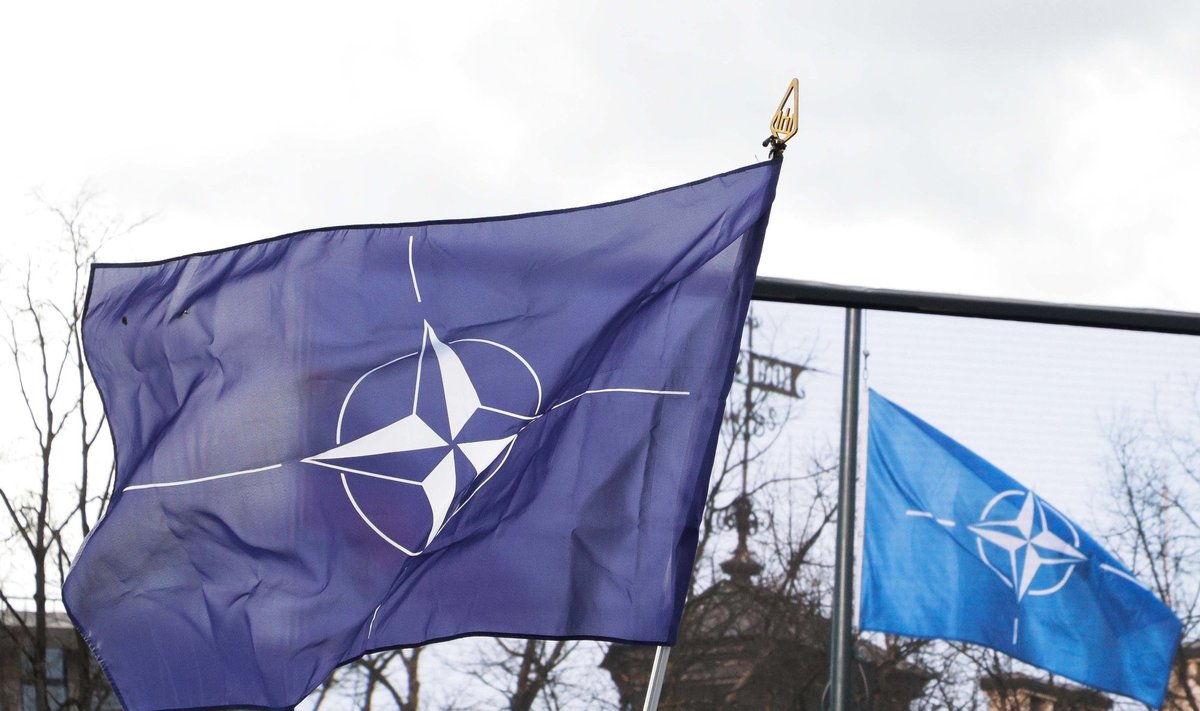Estonian Prime Minister Kaja Kallas said in her recent interview with the Financial Times that the existing defense plans would allow wiping Estonia and its people off the map as they provide for the possibility of allowing the occupation of the Baltic states and then liberating them within 180 days.
"If you compare the sizes of Ukraine and the Baltic countries, it would mean the complete destruction of countries and our culture," Estonia's prime minister said.
Reminding of the atrocities carried out by Russian troops in the Ukrainian town of Bucha, the prime minister called NATO's plan "to lose it and liberate it afterwards" wrong.
Laurynas Kasciunas, chairman of the Lithuanian parliamentary Committee on National Security and Defense, says the Estonian prime minister's remarks were "raising the political temperature" in the run-up to the NATO summit.
"I don't think that 180 days is the deadline we are talking about here. Certainly not. I not only don't think, but I know that it is not, but we are now doing our best to make the reinforcement strategies as fast and effective as possible, to make the reaction time as short as possible," Kasciunas told reporters at the Seimas.
"It's a matter of days," he added, stressing that he could not talk about specific defense plans.
Meanwhile, National Defense Minister Arvydas Anusauskas says politicians often don’t know all defense plan details, adding that such plans often include different scenarios.
"There are no and there cannot be any assumptions about ceding territory in advance," the minister said. "But military plans are drawn up assuming that if there's a move in one place and some territory has to be ceded, what happens next? Do we leave that territory? No, it's about generating forces over a certain period of time."
The mentioned 180 days are reserved for the generation of a very large force, Anusauskas said and urged "not to get upset by every politician's statement".
Capabilities need to be bolstered
Lithuanian politicians do agree with the Estonian prime minister's position that the plans need to be updated and amended to increase capabilities allocated to countries.
"Looking at the current situation, Russia's aggression in Ukraine, the defense plans are being changed and the changes are likely to be completed by the summer of next year," Anusauskas said, adding that it's not a simple process as plans are being drawn for forces to enter the country.
"Before, capabilities were allocated to the entire eastern flank, for example, a whole brigade. And now, brigades, divisions and larger capabilities are being segmented by region," the minister said. "For example, we are in a separate region and the capabilities assigned to this region would carry out defense tasks all the time."
Anusauskas agrees with Kallas that NATO' need larger real-time capabilities in the region.
"She said we need divisions. Yes, that's what we are talking about, that's what we are talking about, on our part, with Germany, on assigning capabilities to defend Lithuania, but not at the brigade level, but at the division level, and to execute these plans", he said.
Speaking last week, Anusauskas said NATO agrees on the development of a brigade-sized allied unit for Lithuania, but the final wording will be revealed during the upcoming NATO summit in Madrid.
The Berlin-led brigade would be partially deployed in Lithuania, and the remaining part would be in Germany he said. However, Vilnius wants to eventually have the brigade fully deployed in the country, created based on the existing allied battalion deployed in Lithuania since 2017.
Meanwhile, Lithuania's Chief of Defense Valdemaras Rupsys says that "more than a brigade" will be needed to fulfill the Alliance's promise not to give up a single centimeter of NATO's territory, so Lithuania must be ready to expand the host nation's capabilities, saying that logistics complicate the deployment of a full brigade in Lithuania.
Kasciunas also says the existing strategy of deterrence by punishment, i.e., by retaking the occupied territories, be replaced by deterrence by denial, i.e., by providing a country with capabilities that would prevent "any intention to even try to test Article 5".
"I believe the prime minister is speaking about our regional concerns ahead as the NATO summit approaches," he said.
In his words, the Estonian prime minister's position that the aim should be to immediately stop a potential aggressor is absolutely correct and in line with the common position of the Baltic states.
